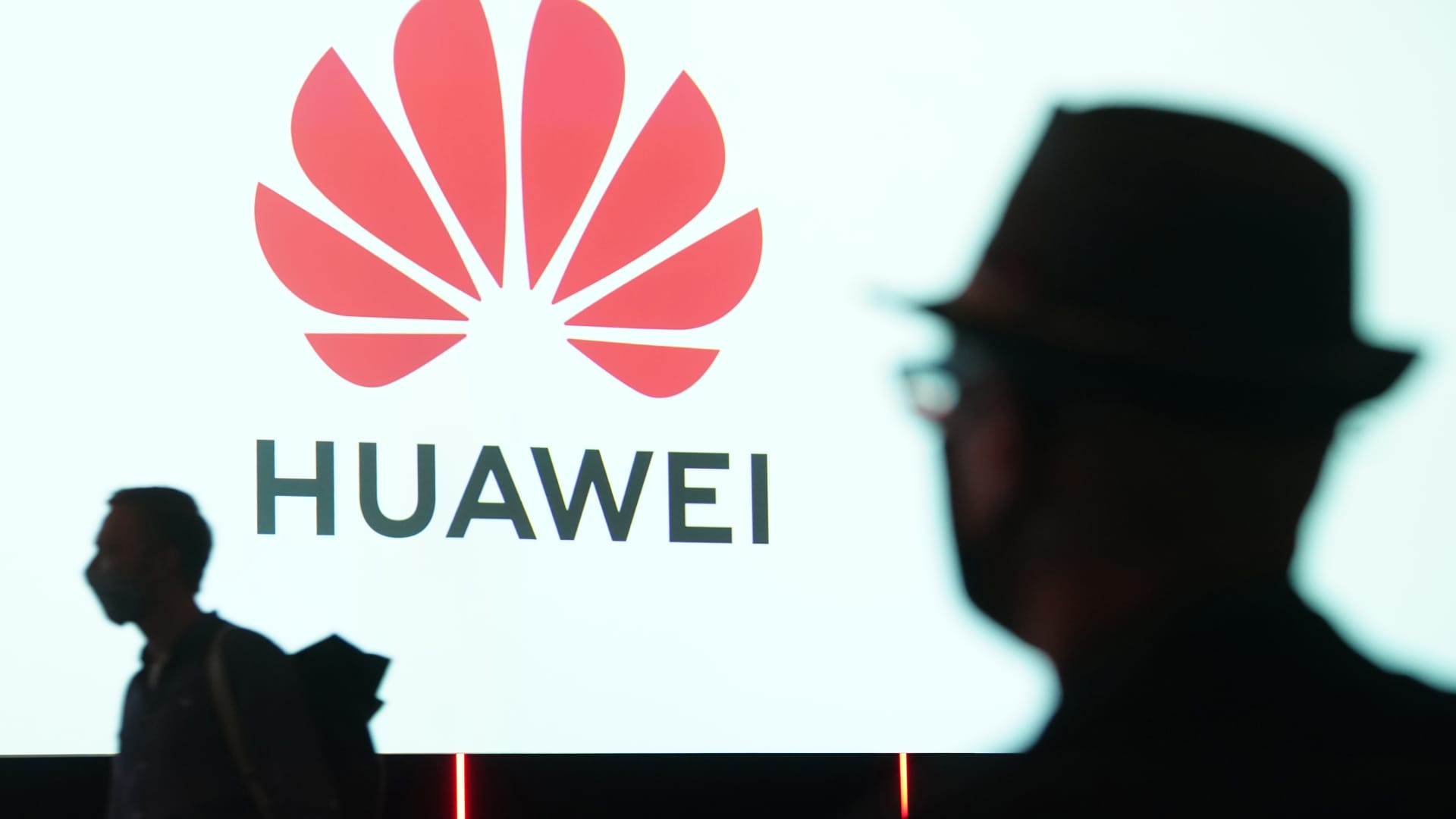U.S. revokes some export licenses to sell chips to Huawei in a bid to curb China’s tech power

BERLIN, GERMANY – SEPTEMBER 03: People arrive to attend the Huawei keynote address at the IFA 2020 Special Edition consumer electronics and appliances trade fair on the fair’s opening day on September 03, 2020 in Berlin, Germany. The fair is taking place despite the ongoing coronavirus pandemic, albeit in a reduced form and without personal access for the general public. The IFA 2020 Special Edition will take place from September 3-5. (Photo by Sean Gallup/Getty Images)
Sean Gallup | Getty Images News | Getty Images
The U.S. has revoked certain licenses for chip exports to Chinese tech giant Huawei, the Commerce Department told CNBC on Tuesday, in its latest efforts to curb China’s tech power.
“We continuously assess how our controls can best protect our national security and foreign policy interests, taking into consideration a constantly changing threat environment and technological landscape,” a Commerce spokesperson said in a statement.
“As part of this process, as we have done in the past, we sometimes revoke export licenses,” the spokesperson said, declining to comment on specific licenses. “But we can confirm that we have revoked certain licenses for exports to Huawei.”
Huawei was placed on a U.S. trade blacklist in 2019, which banned U.S. firms from selling technology – including 5G chips – to the Chinese tech giant over national security concerns. In 2020, the U.S. tightened chip restrictions on Huawei, requiring foreign manufacturers using American chipmaking equipment to obtain a license before they can sell semiconductors to Huawei.
Huawei’s consumer business, which includes smartphones and laptops, is seeing a resurgence after launching the Mate 60 Pro smartphone in August.
A TechInsights analysis of Huawei’s Mate 60 Pro smartphone revealed an advanced chip made by China’s top chip maker, SMIC. The smartphone is also said to be equipped with 5G connectivity – a feature which U.S. sanctions had sought to block.
U.S. chip firms Qualcomm and Intel are two of the companies that supply chips to Huawei. Qualcomm in an SEC filing earlier this month said it expects operations to be “further impacted” from its customers, such as Huawei, developing their own chips.
“While we have continued to sell integrated circuit products to Huawei under our licenses, we do not expect to receive product revenues from Huawei beyond the current calendar year,” Qualcomm said.
“Additionally, to the extent that Huawei’s 5G devices take share from Chinese original equipment manufacturers that utilize our 5G products or from non-Chinese OEMs that utilize our 5G products in devices they sell into China, our revenues, results of operations and cash flows could be further impacted,” Qualcomm said.
Last month, Huawei launched a fresh lineup of phones – the Pura 70 series – in a bid to challenge Apple in China.
Apple is facing pressure from Huawei in China as iPhone sales plunged 19.1% in the first quarter while Huawei’s smartphone sales soared 69.7%, according to Counterpoint Research.
Huawei’s net profit in 2023 grew by 144.5% from a year ago to 87 billion yuan (about $12 billion) partially helped by the sales of Mate 60 Pro in China, the firm revealed in March.
Related
How 300 US companies were fooled to hire North Korean…
US authorities have uncovered a sophisticated operation that tricked hundreds of American companies into unwittingly hiring North Korean IT workers. The scheme,
Big Tech is pouring billions into British AI investments—but the…
Microsoft’s plan to open a new AI hub in London is a huge endorsement for the U.K. as a world leader in AI. But I do question whether it is wholly good ne
North Koreans worked for American firms, earning US$6.8 million to…
Posing as Americans, North Korean technology workers secured remote work contracts with hundreds of US companies as part of a scheme to help fund Pyongyang’s
North Koreans posing as American tech workers to fund weapons:…
Posing as Americans, North Korean technology workers secured remote work contracts with hundreds of US companies as part of a scheme to help fund Pyongyang’













